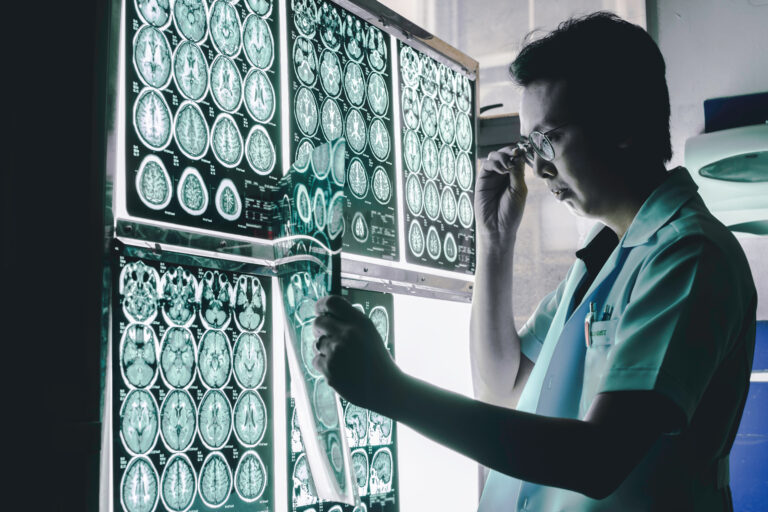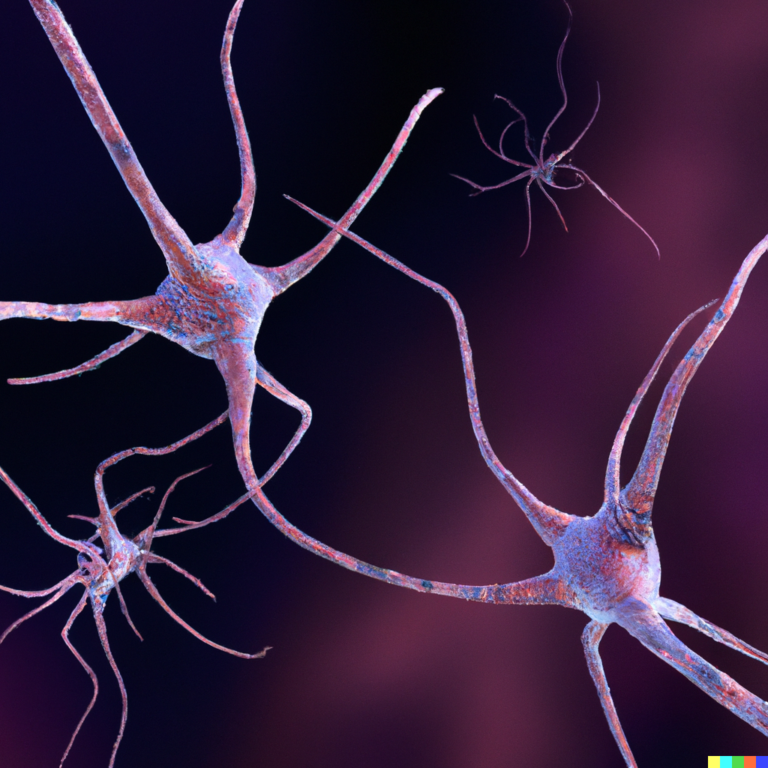CT scans themselves do not directly cause agitation in Alzheimer’s patients, but the experience surrounding the scan can sometimes trigger or worsen agitation. Alzheimer’s disease affects the brain in ways that make patients more sensitive to changes in their environment, unfamiliar procedures, and stress, all of which can contribute to agitation.
Alzheimer’s disease is a progressive neurodegenerative condition characterized by memory loss, cognitive decline, and behavioral changes, including agitation. Agitation in Alzheimer’s patients can manifest as restlessness, irritability, aggression, or emotional distress. This agitation is often linked to the underlying brain changes and neurochemical imbalances caused by the disease, but external factors can also play a significant role.
When an Alzheimer’s patient undergoes a CT scan, several factors may contribute to increased agitation:
– **Unfamiliar Environment:** Hospitals or imaging centers are often noisy, bright, and filled with strangers, which can be confusing and frightening for someone with cognitive impairment.
– **Physical Discomfort:** The patient may need to lie still in an uncomfortable position for several minutes, which can cause distress.
– **Anxiety and Fear:** The procedure itself, the presence of medical equipment, and the anticipation of the scan can provoke anxiety.
– **Communication Barriers:** Patients with Alzheimer’s may have difficulty understanding what is happening or why, leading to frustration.
These situational stressors can exacerbate agitation temporarily, but the CT scan’s radiation or the imaging process itself does not physiologically induce agitation. The agitation is more a reaction to the experience rather than a direct effect of the scan.
In clinical practice, healthcare providers take steps to minimize agitation during CT scans for Alzheimer’s patients. These include:
– **Preparation and Explanation:** Using simple, reassuring language to explain the procedure beforehand.
– **Familiar Support:** Allowing a caregiver or family member to accompany the patient to provide comfort.
– **Environment Control:** Reducing noise and bright lights when possible.
– **Sedation or Medication:** In some cases, mild sedatives or medications to control agitation may be used under medical supervision.
It is also important to recognize that agitation in Alzheimer’s patients can arise from many other causes unrelated to CT scans, such as pain, infection, medication side effects, or progression of the disease itself. Therefore, if agitation occurs around the time of a CT scan, it should be carefully evaluated to determine if it is situational or part of a broader clinical issue.
In summary, while CT scans do not cause agitation through their physical or biological effects, the process of undergoing a CT scan can be stressful and disorienting for Alzheimer’s patients, potentially triggering or worsening agitation temporarily. Proper preparation, support, and environment management are key to minimizing this risk.





